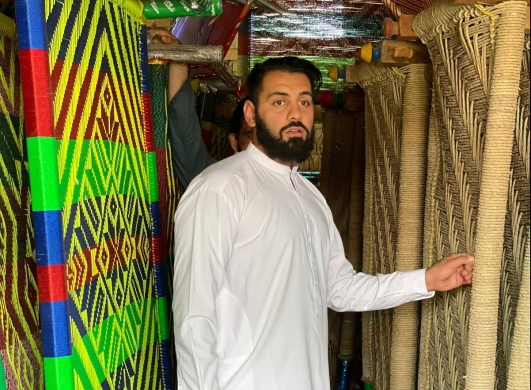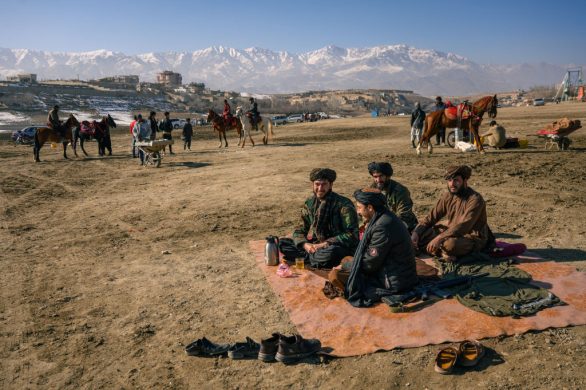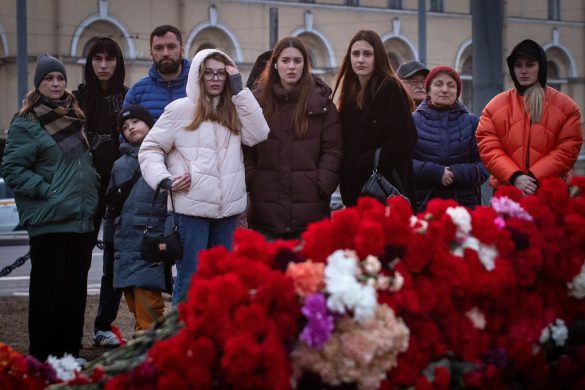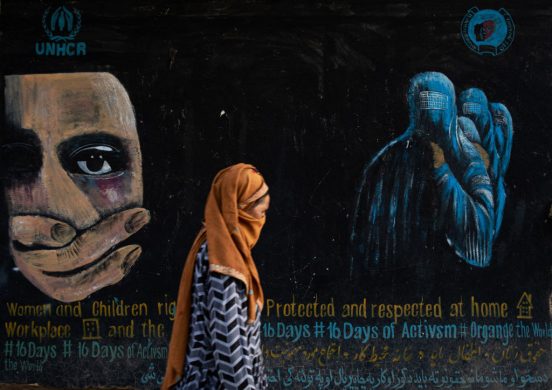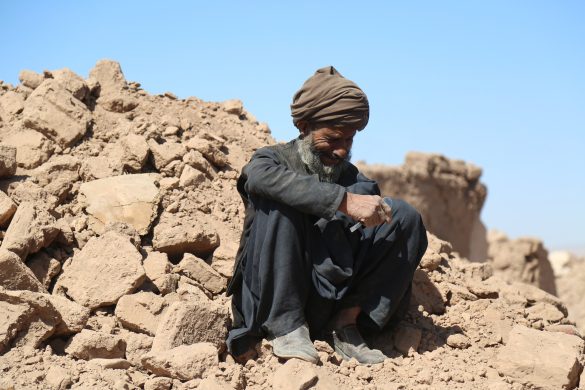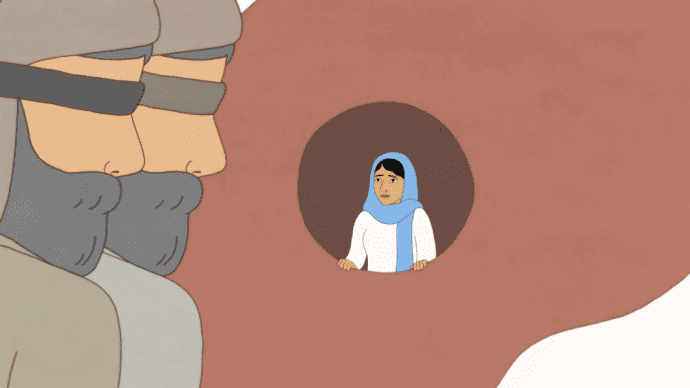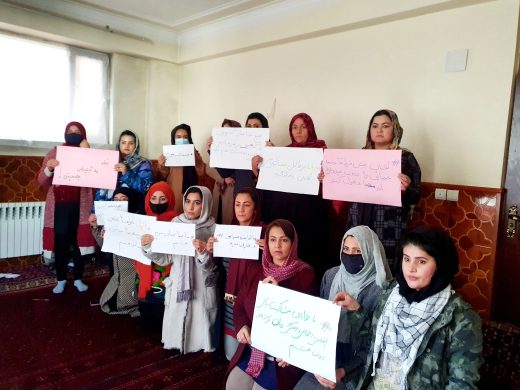Syv provinser i Afghanistan har fået hver en mobil politistation. De skal være med til at synliggøre det lokale politi og give borgere mulighed for at henvende sig til politiet. Det er mange afghanere helt afskåret fra.
Kabul, 7 August 2013 (EUPOL): They are marked with with “Democratic policing” and “Donated by the EU”: seven mobile police stations financed by the EU delegation were handed over today in a ceremony at EUPOL HQ to the Afghan Police-e Mardume (Community Policing) units.
With a big smile General Ghulam Mujtaba Patan, Acting Afghan Minister of Interior, accepted the car keys to one of the Toyota vans from Karl Ake Roghe, EUPOL Head of Mission. The vehicles will be used in seven provinces throughout Afghanistan: Bamyan, Kunduz, Herat, Helmand, Pol-e-Khumri, Chagcharan and Mazar-i-Sharif.
“We realised that the police must reach out to the communities in remote districts and that it is necessary for the community police officers to be mobile. The seven customized vans are really fully mobile police stations equipped with laptop, mobile printer, beamer and loudspeaker”, states Karl Ake Roghe, EUPOL Head of Mission.
“They are much needed, and will serve several purposes: they will permit the police officers to meet the public, to be present in crowded places as local markets, and to support the region where the population has not direct access to police service,” he says. Roghe also said that the first seeds of community policing planted in 2011 is already a success story: “The community police are already reaching out to schools, organizing sports events, meeting elders.”
For General Patang Community Policing is close to his heart but he is aware that this development to a modern trusted police force is a long process:
“Due to the 30 years war, the police had to fight but now, gradually, within the next ten years the police will be more professional. With community policing, we would like to build a bridge between the police and the people, reduce the distance. It is one of the six priorities in the ten year vision.”
He thanked EUPOL and the EU for their continued support. For Colonel Shah Mahmood Abdulrahimzai, Chief of Police-e Mardume (Community Policing) at the Afghan Ministry of Interior, the mobile police stations are important tools:
“We not only need professional training, they have to be equipped as well. These vehicles will help us to reach out to communities.”
The mobile police stations are part of the pilot ‘Police e Mardume’ (PeM) project financed by the EU Delegation with a budget of €900,000 started in 2011.
While the main implementation partner in this scheme is the International Organisation for Migration (IOM), EUPOL has played a very active role in seven provinces (Bamyan, Kunduz, Herat, Helmand, Pol-e-Khumri, Chagcharan and Mazar-i-Sharif) in this project.
EUPOL is vastly experienced in delivering training, and, thus, in this context, played a significant role in delivering training in the areas of Communications, Community Policing, School Liasion Projects, ILP and Mine Awareness. EUPOL has mentored, advised and trained the seven units with each six Police-e Mardume police staff members in the field in order to ensure that they receive the support they need to learn and adapt to this way of carrying out their community policing duties.







